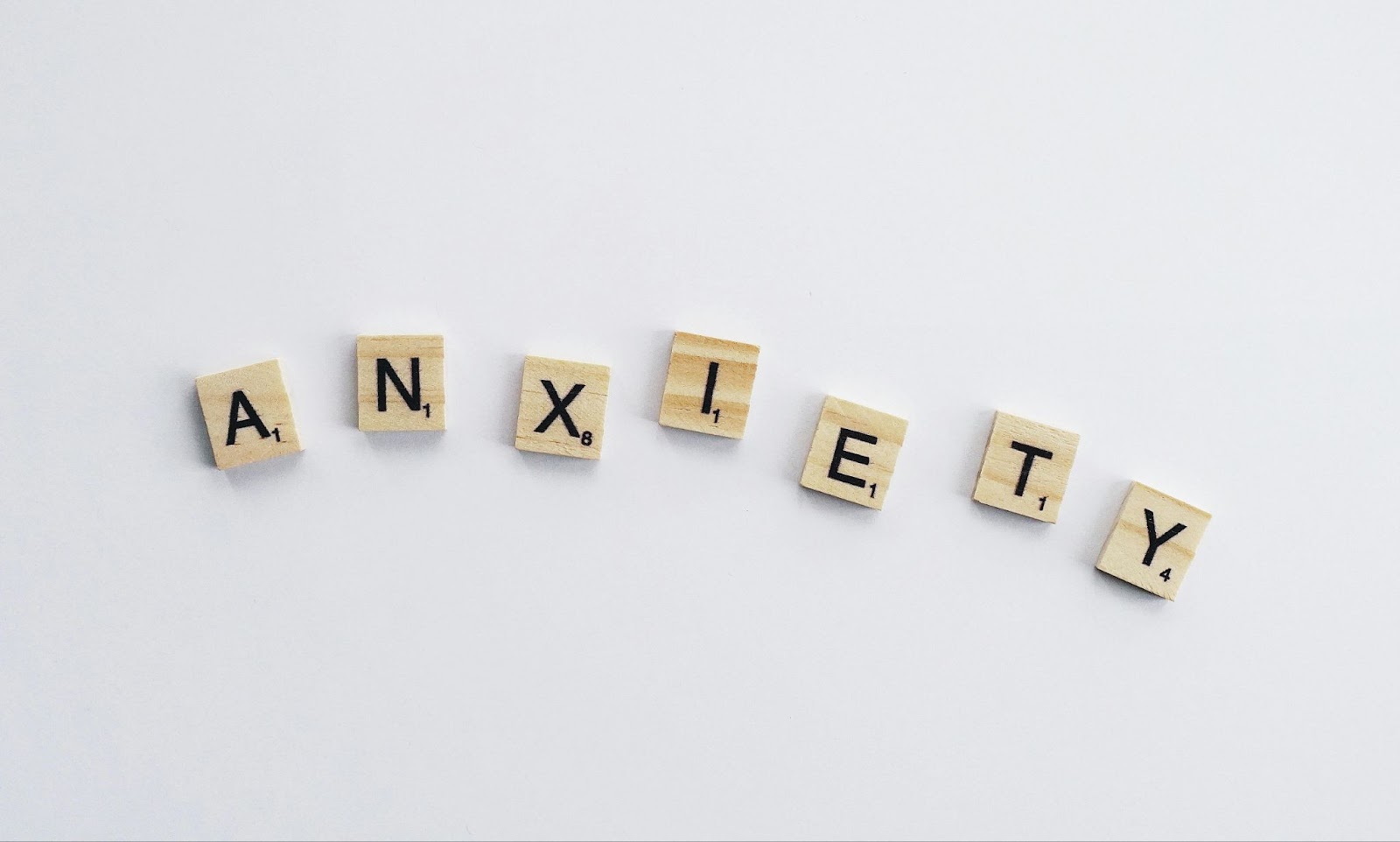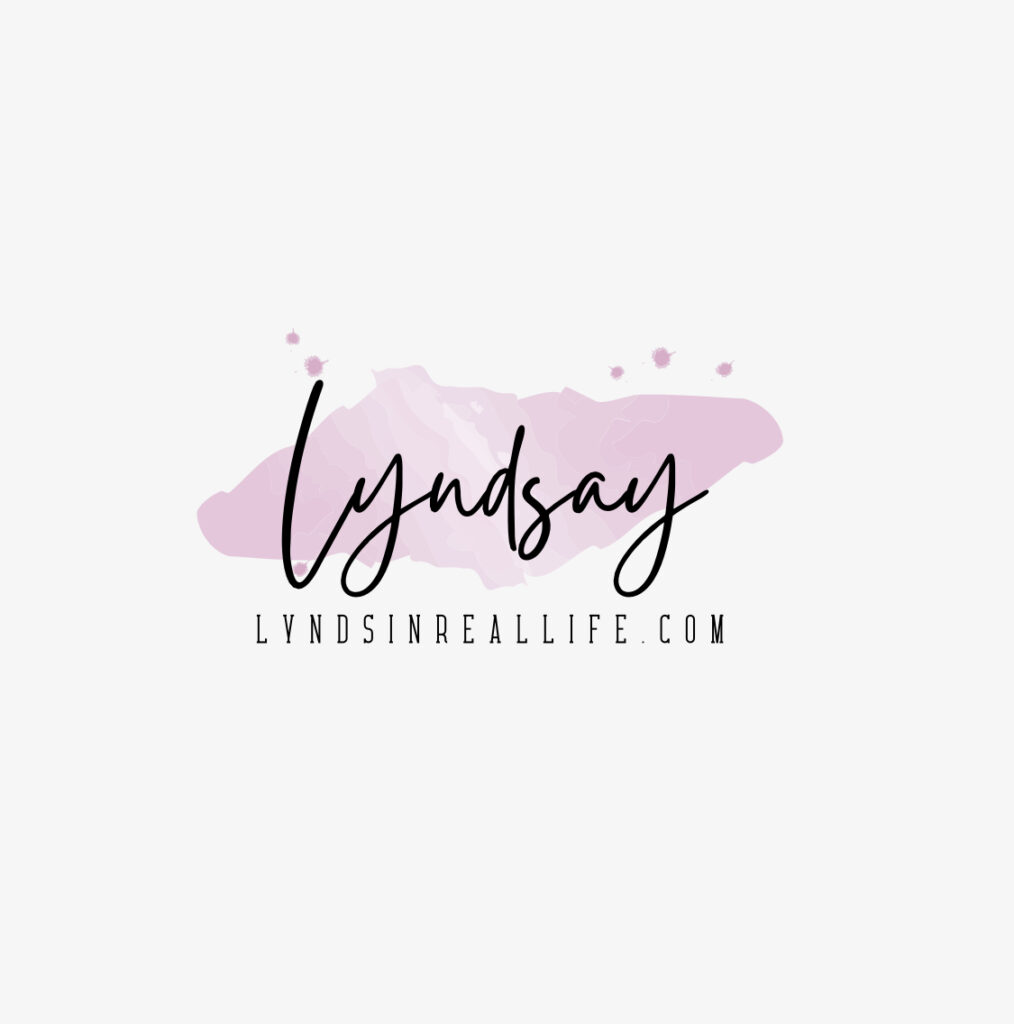Anxiety can be a complex issue to unpack. There are so many different potential reasons someone might suffer from the disorder, and with a whole manner of unique triggers to contend with, getting the right treatment plan in place can be a great challenge.
Classic treatment protocols usually involve either traditional psychotherapy (such as cognitive behavioral therapy [CBT]), medication (like selective serotonin reuptake inhibitors [SSRIs]), or both. And while these methods should form the backbone of a treatment plan, there are several other interventions that also help.
In this article, you’ll learn about four things you probably haven’t thought of to help alleviate anxiety!

Image Credit: Pexels
Nutritional Interventions
Everyone knows that healthy eating is important for your physical health, but nutrition can also have a profound impact on your mental wellbeing, too.
Many psychiatrists have started working with dieticians to explore the link, modifying a sufferer’s diet to include more Omega-3 fatty acids, looking at how to improve gut health via probiotics (gut health is thought to have a major carryover to brain function), and more.
It’s an emerging field with a lot of exciting research in the works!
Medical Cannabis
Can cannabis help anxiety? For many people, yes, but the devil is in the details.
There’s been a lot of research conducted on the effects of cannabis on anxiety, and while there’s still plenty more to be done, the results so far are promising. One of the compounds found in cannabis, CBD (cannabidiol), is known to produce relaxing effects, and while it was once thought THC (Tetrahydrocannabinol – the psychoactive part) didn’t do much or even made anxiety worse, there’s now a conflicting opinion.
It isn’t without its downsides, but medical cannabis is a potential option when directed by a licensed doctor.
Hot Tip: Try an indica strain to help ease anxiety! Do NOT try a sativa strain, at least at first.
Digital Detox
Unfortunately, it’s very easy to become addicted to social media these days, and it creeps up without you even realising it. ‘Doom scrolling’ is the act of compulsively scrolling through your apps, which are often filled with negative content that can have a profound psychological effect.
While overconsumption like this isn’t likely to be the main source of an anxiety disorder, it can certainly make things worse. A digital detox is where a person stops using social media and other distracting digital apps for a period of time to help them reset. Many people find them to be highly effective.
Binaural Beats
Sound therapy is another tool that those with anxiety can use to help them, and the modality of choice is typically binaural beats. These are specially designed tracks tuned to specific frequencies thought to provide deep relaxation, and many have found them to be calming when they’ve been going through a rough patch.
You can find dozens of them on YouTube, each slightly different than the last.
There are many new and emerging methods for helping ease anxiety, and their effectiveness all depends on what the person is going through specifically. If you or a loved one is suffering from an anxiety disorder, know that there’s always hope – it’ll just take a bit of time.
Thank you for reading!

